Find The Show On Your Favorite Podcast Platform
|
| Learn more about Juneteenth in Carole's Juneteenth Guidebook. Click Below to Learn More. |
And throughout the years, during my Collegium days and beyond, we NEVER designed a training module focused on Critical Race Theory! It may have been discussed but it was NEVER a part of our strategic design.
So…What is the Critical Race Theory?
Critical Race Theory (CRT) is an academic and legal framework created by law experts and scholars in the 1970s and 80s that has blown up into a controversial hot topic around the country. CRT is now tied to educational efforts as either an ideological concept or a threat to the "freedom" of our nation. Despite the naysayers, CRT has never been used as the educational foundation for public school systems around the United States, nor has it been the principal framework used by diversity experts in the country.
Who are some of the "framers" of CRT?
The late Attorney Derrick Bell, while on the faculty of Harvard Law School, was one of the early framers of CRT. Civil Rights advocate, attorney, and academician Kimberlé Crenshaw was also an early scholar who helped shape the concept. They were academic leaders looking at systemic racism from an institutional perspective. They had NO reason to roll out a CRT course for elementary school students.
Is CRT designed for elementary students?
NO! It has NEVER been designed with elementary, middle, or high school students in mind. It principally was confined to exploration in the legal and social justice arenas.
Why is CRT such a controversial topic?
Sadly, right-wing conservative groups have latched on to CRT and are now using it as a wedge issue as they wage culture wars across the United States. They have flipped it and now use messaging to denounce it as a racist ideology promoted by left-wing progressives.
When did the CRT controversy start?
It started under the Trump administration. On September 22, 2020, at the end of his term in office, President Trump signed Executive Order #13950 banning diversity training, CRT "training," gender identity, and sexual orientation training within federal agencies and contractors. I lost business because of that order.
Although the Executive Order was reversed by President Biden, various state legislatures across the US continued to push to ban CRT, diversity, gender identity, and sexual orientation educational efforts, primarily in public schools. Again CRT has never been taught in public schools, yet it has been targeted in various legislative bills across the United States.
What states are targeting anti CRT legislation?
To date, more than 44 states proposed or passed anti-CRT legislation impacting public school systems and job sites in New Hampshire, Texas, Tennessee, Kentucky, Florida, and several others. It started with Florida's ruling called the "Don't Say Gay" law, impacting grades Kindergarten through Third Grade, and bans any specific discussion about gender identity or sexual orientation in the classrooms. It passed the state Senate and was signed by the Governor of Florida on Monday, March 29, 2022. The law went into affect in July 2022
Florida continues to lead in anti CRT legislation that now targets public/state colleges and universities. As of February 2023, Florida House Bill 999/SB 266 is pending in their state legislature. It states the following:
Requires public college and university governing boards to review their institutions for violations of HB 7 or programs that are "based on theories that systemic racism, sexism, oppression, or privilege are inherent in the institutions of the United States and were created to maintain social, political, or economic inequities." Colleges and universities are also prohibited from expending any funds, regardless of source, that promotes or supports a program that violates HB 7, espouses diversity, equity, and inclusion, or promotes political or social activism. All general education courses must be "based on the fundamental truth that all persons are equal before the law and have inalienable rights and may not distort significant historical events or include a curriculum that teaches identity politics, violates [HB 7], or is based on theories that systemic racism, sexism, oppression, or privilege are inherent in the institutions of the United States and were created to maintain social, political, or economic inequities."
In New Hampshire, a pending law prohibits specific discussions about race or sex as mandatory student or employee training. Teachers can lose their license if caught teaching about race, gender identity, or sexual orientation. The bill was slipped in under the state budget without the benefit of the full range of discussion or hearings.
So, where can I learn more about CRT and the fight to reverse the legislation designed to kill it?
Start with the NAACP Legal Defense Fund document about CRT.
Download it here: https://bit.ly/3r7V5QQ
The NAACP Legal Defense Funds articulates it this way:
Critical Race Theory recognizes that racism is more than the result of individual bias and prejudice. It is embedded in laws, policies, and institutions that uphold and reproduce racial inequalities. According to CRT, societal issues like Black Americans' higher mortality rate, outsized exposure to police violence, the school-to-prison pipeline, denial of affordable housing, and the rates of the death of Black women in childbirth are not unrelated anomalies.
Here is an entire webpage I created to help you understand CRT:
http://www.tellcarole.com/understanding-crt.html
Good Book To Read:
Race, Rights, and Redemption: The Derrick Bell Lectures On The Law And Critical Race Theory
Edited by Janet Deward Bell and Vincent M. Southerland
LIVE State by State Update on Anti-CRT GAG Orders
https://bit.ly/3r8TQBd
Good YouTube Video To Watch on Right-Wing Groups and Why They Are Fighting Against CRT
https://www.youtube.com/watch?v=KtJ3s6YECAc&t=7s
Now do your homework, make up your OWN mind and talk to your friends, students, colleagues, or neighbors about WHY you support or denounce CRT. The choice is YOURS.
Five international holidays converge on the scene every December (and early January) to make our schedules hectic, exciting, and pressure-filled. Wrapping gifts while shopping at odd hours of the night either pushes us into the spirit of happiness OR helps us find an escape path until all of the celebrations are over.
Here are related links to five holidays with religious and nonreligious implications. You'll learn interesting facts and figures that will make you scratch your head in amazement. The marathon includes Hanukkah, Winter Solstice, Christmas, Kwanzaa, and Three Kings Day. Learn new traditions and pass them on as the merriment continues throughout the holiday season.
May you celebrate the Season and get ready for an awe-inspiring 2023!
-Carole Copeland Thomas
==========
Links and Resources For The Five Holidays
1 Hanukkah
https://www.chabad.org/holidays/chanukah/article_cdo/aid/3840625/jewish/13-Hanukkah-Facts-Every-Jew-Should-Know.htm?gclid=CjwKCAiAmO3gBRBBEiwA8d0Q4pDJz2VX1LG1_sN0V5SAZbinichpFp5px9yfA6E7saEpk0daVFLqnRoCncwQAvD_BwE
2 Winter Solstice
https://www.farmersalmanac.com/get-ready-for-the-winter-solstice-23294
3 Christmas
Parenting Article Written For Kids
https://parenting.firstcry.com/articles/20-interesting-facts-and-information-about-christmas-for-kids/
Inc Magazine
https://www.inc.com/geoffrey-james/10-weird-facts-about-christmas.html
History of the Christmas Tree
https://www.historytoday.com/alison-barnes/first-christmas-tree
4 Kwanzaa
Official Website:
https://www.officialkwanzaawebsite.org/index.html
5 Three Kings Day
https://www.newsweek.com/when-three-kings-day-and-how-it-celebrated-epiphany-772690
Juneteenth is not just a Black holiday. It is an American holiday. The day signals America finally realizing our founding principles of "liberty and justice for all." Slavery is a dark stain on US history, but Juneteenth is an example that America can move past the transgressions of history in the pursuit of a freer society.
Juneteenth became a state holiday in Texas in 1980, and a number of other states subsequently followed suit. In 2021 Juneteenth was made a federal holiday. The day is also celebrated outside the United States, being used by organizations in a number of countries to recognize the end of slavery and to honor the culture and achievements of African Americans.
The word is a combination of the month of June and the 19th, the exact day when Major General Gordon Granger marched into Galveston, Texas with 7000 "colored troops" and read General Order Number 3 announcing the end of the Civil War and Slavery. The war had actually ended two months earlier, and the slaves in the region had actually been freed 2.5 years earlier, but their slave masters had NOT set them free. After reading the order, it was posted on the door of Reedy Chapter AME Church in Galveston.
JUNE 3, 2022
Invite a Friend or Colleague to this two-hour event. It will be worth every minute as you hear from subject-matter experts on issues impacting the Black community AND Beyond!
Register and Join Us for This Free Live Webinar And Learn More About The Legacy of Juneteenth As We Wrestle With The 2nd Anniversary of George Floyd's Death & Now The Tragedy of The Buffalo Massacre
The event is a multigenerational, multimedia virtual program designed to inspire and engage each attendee to understand why Juneteenth is considered the second Independence Day in American History.
CLICK ON THE BUTTON BELOW FOR COMPLETE DETAILS.
And despite a contentious Senate hearing process, Jackson was confirmed on April 8, 2022 by a Senate vote of 53-47, with three Republicans voting for Justice Jackson (Mitt Romney-Utah, Susan Collins-Maine, and Lisa Murkowski-Alaska). Vice President Kamala Harris read the results as the Senate Chamber burst into thunderous applause. A historic Supreme Court confirmation of a Black woman from Florida was announced by the first Black woman Vice President of the United States.
Justice Ketanji Brown Jackson will serve a lifetime term in the Court and will start her service as soon as Justice Breyer retires, most likely sometime in June.
With such an outstanding series of events, here is why every Black woman can relate to Justice Ketanji Brown Jackson:
1 She's Grounded.
Justice Jackson will have served as a sitting Judge longer than most of the other Justices. She's been a sitting judge for nearly ten years, with no trouble in getting confirmed for her other federal appointments. She also sets the record for having served as a public defender, and she clerked for Justice Breyer early in her career. She knows the law and has been praised for her ability to look at issues from both sides of the spectrum.
Black women know that often we have to be twice or three times as prepared to qualify to get the job.
2 She's Well Educated
Her mother was an educator, and her father was a lawyer. She graduated at the top of her class at Miami Palmetto Senior High School and was admitted to Harvard University in spite of a non-visionary guidance counselor advising her to lower her educational expectations.
Black women are used to being "dumbed down" by guidance counselors who don't see their brilliance. Not the first time, nor the last, that a counselor gave bad advice to a top Black student.
Justice Jackson would graduate from Harvard College (1992) and Harvard Law School (1996) with flying colors.
I wonder how many other students of color suffered through the low expectations of a high school guidance counselor. Too many…far too many.
3 She's Unmoved By Political Hacks Like Ted Cruz and Marsha Blackburn
I had MUCH to say after reacting to the ridiculous and racially motivated Senate hearing questions by Ted Cruz and Marsha Blackburn. Some of my words can't be put in print because of the vile contempt I have for Cruz and Blackburn. Lindsey Graham and Josh Hawley round out the quartet of Trump sycophants who have sold their souls to the devil. While I wanted to throw my television down a flight of steps because of the questioning of Justice Jackson's judicial record, she remained unmoved.
When Senator Blackburn asked Brown-Jackson to "define a woman," Justice Jackson looked mildly puzzled and artfully skipped over the trap that lay before her. Blackburn, in later comments, referred to Jackson in terms of being the recipient of "dark money Leftist groups" and "pushing the agenda of woke education" as she explained why she felt Justice Jackson was unqualified for the job.
That's when I wanted to throw my television down the steps in protest of this right-wing racist woman who can't imagine a dark-skinned Black woman serving on the Supreme Court.
I reacted in front of my television set. Justice Jackson, who had prepared for the brutality of the Republican Senators, remained unmoved. She was rewarded when Romney, Collins, and Murkowski joined the Democrats to vote for this brilliant woman of action.
Black women understand the resilience and emotional constraint it took for Justice Jackson to remain unmoved when the Senate attacks mounted.
4 She's Visionary
Three of her Harvard roommates and good friends were interviewed on national television about their college and law school days with Justice Jackson. Attorney Antoinette Coakley, who is one of my friends and church members here in Boston said, "It was very clear from the first time that we met her that it was special. I remember telling her when we were in the dorm, 'You are going to be the first black woman on the US Supreme Court.'"
Justice Jackson was a brilliant debater in high school. While Fox News' Tucker Carlson was asking about Justice Jackson's LSAT scores (law school entrance test scores), her high school classmate, Stephen Rosenthal, told news reporters about the numerous medals she won from the debate team victories.
Justice Jackson knew from an early age that law was her profession and nothing deterred her from fulfilling her dream of success. She was supported by loving parents and guided by trusted hands throughout her college and law school courses. Her vision translated to the historic confirmation despite senators who wanted to squash her dreams.
Black women know that vision often turns into reality when you believe in yourself.
5 She's All In
The vitriol spewed out by small-minded politicians was washed away by the triumphant speech by Senator Cory Booker. He elevated the moment to its rightful, historic place when he showered Justice Jackson with praise and adoration. On March 25th, he said the following:
"I'm telling you right now, I'm not letting anybody in the Senate steal my joy! I am embarrassed... I'm just looking at you, and I'm starting to get full of emotion. You didn't get here because of some left-wing agenda. You didn't get here because of some dark money groups. You got here how every Black woman in America (who) has gotten anywhere has done...by being like Ginger Rogers said, "I did everything Fred Astaire did but backwards in heels.'
That star was a harbinger of hope. Today you are my star!"
That 19-minute speech by Senator Booker will go down as one of the greatest speeches by any senator. It proved that Justice Ketanji Brown Jackson is an "All In" woman of integrity who represents the BEST in Black America.
Every Black woman gave Senator Booker and a virtual standing ovation for his unwavering support of Judge Jackson. She's All In because of the love of her husband, Dr. Patrick Jackson, and her daughters, Talia and Leila. Her parents, Johnny and Ellery Brown, married for more than 54 years, solidly stand by her. So does her younger brother Attorney Ketajh Brown.
Black women know that Justice Ketanji Brown Jackson is All In because she's prepared to preside in the US Supreme Court as the harbinger of hope for us all.
The time is now, and this country is the better because of Black women like Ketanji Brown Jackson. She may be the first but certainly won't be the last. We salute her courage under fire for a job well done!
As annoying as it may have been to endure that cultural education from my mother, I would soon realize that she was also fortifying my Blackness from the discrimination I was bound to face in my lifetime. Her lessons, stories, and patient leadership helped me to endure the worst, ignore petty trivialities, value significant moments, and confront injustice on every occasion.
My mother’s teachings helped me to become a proud African American woman. I have never been confused about my ethnicity, my family, and certainly not my heritage. And being an African American has empowered me to pursue opportunities with excitement and enthusiasm, even if layers of discrimination are littered along the way.
Much of my 34 years as a business owner and diversity professional have been spent helping organizations to build better cross-cultural bridges of mutual understanding. I have traveled all over America and to several other countries using that framework with my work. I speak on topics other than global diversity and multiculturalism, including leadership, empowerment, and relationship enhancement.
I also have memberships in several civic and professional organizations and have served in several leadership roles throughout the years. Last week I was asked to deliver a workshop on the importance of accountability, relationships, and reputation to one of the organizations I have enjoyed membership in for many years.
I prepared for the session several days before the event and made a point that my slide deck was racially neutral, inclusive, informative, and educational. The session kicked off on Zoom, and the exchange of information fueled an active dialogue with some 25 participants eager to learn. I was the final speaker in the organization’s six-week summer series, and it felt good to contribute in such a meaningful way.
Near the end of the program, as the breakout room facilitators were sharing the comments from their small groups, one voice blurted out the N-word, loud enough for everyone to hear.
I was the only Black person in attendance, and the word pierced my level of concentration so loudly that you would think I had been hit with a virtual shotgun straight between the eyes.
Early on in the program, I had been made a co-host. I frantically worked to mute the assailant, to no avail. I could not mute him. Finally, seconds later, the chapter president removed the hate-filled person from the Zoom meeting. I looked at the stunned faces of my colleagues on the screen and knew I had to speak up and speak out about what had just happened. My voice was unwavering, and I told the group that I needed to address the “elephant in the room” as we processed what had just happened. I remained calm and told the group the outburst was merely a validation of why my diversity work was so important in our society. Racism was alive and well, and we had just witnessed the ugliness of its actions.
The chapter president and her board activated swiftly. As the Zoom host, she was also unable to mute the participant but was able to quickly remove him from the session. She apologized profusely, denounced his action, and send a letter to the workshop attendees banning his membership in our organization for life. The chapter also offered to make a contribution in my name to the nonprofit of my choice. They said NO to the N-word and NO to hate.
The chapter president did reach out to the N-word assailant. He was a non-member and had attended the previous five sessions, so he wasn’t your typical hit-and-run Zoom bomber. He offered no remorse, stated that he blurted out the word when his mobile phone discharged and never apologized.
I realized at that moment three things:
1. This is why my mother worked so hard to teach me about my heritage.
2. Some people will never accept my Blackness.
3. To some, using the N-word on Black people is a way to devalue their humanity.
My reaction to these three truths include the following:
1. My mother’s wisdom lives defiantly in my spirit. That includes the messages of my father, brother, grandparents, uncles, aunts, cousins, and ancestors who came before me.
2. Ignorance and hatred fuel racism, and those who can’t accept Black people, especially in leadership positions, are a hindrance to the growth of America.
3. You can’t take away my Blackness, and you’ll NEVER devalue my humanity!
That Zoom workshop was the third time in my life I recall being called the N-word. Sadly, I know it won’t be the last. However, I know that Gwen Copeland lives on in my spirit, and my work will live on.
Racism will not stop our need to build new bridges of cultural understanding throughout our country and beyond. My Blackness has been fortified, and when the next N-word comes my way, I’ll be ready with the right response and call to action.
Bring it on! You can’t stop my work, my dedication, or my determination to bring cultural change to our country!
Bring it on!!
By Carole Copeland Thomas
I enjoyed seeing my grandchildren after a 16-month absence, and it felt so good to have them in my arms. I visited my daughter, son-in-law, and granddaughters during the Juneteenth Weekend. I was a proud mom and grandmother when my daughter and older granddaughter delivered a stellar Mother-Daughter Juneteenth keynote address for their hometown, West Hartford, Connecticut. While the 13-year-old was practicing with her mother, the 10-year-old was preparing a delicious breakfast for the family! (Yes, she can cook from scratch all by herself!!) She made sure to save her father some pastries she prepared while he went to play in his semi-pro baseball team’s weekly game. My other daughter came with me and entertained her nieces all weekend long.
Family and Friends during the summer months equals fun time.
So as we say goodbye to this year’s July 4th celebrations here in America, let’s look at when other countries celebrate Independence Day throughout the year.
From my home to yours, have a great summer or winter, depending on your hemisphere!
(Source: https://en.wikipedia.org/wiki/List_of_national_independence_days)
There is a long and deep history with all of these countries. Some have both Republic Day and Independence Day. Some countries, like Canada and Egypt, don’t have an Independence Day.
Why not pick five countries this month and learn more about why these dates are important to the people and the cultures of their sovereign land.
Algeria
July 5, 1962
Angola
November 11, 1975
Armenia
May 28, 1918 Republic Day
September 21, 1991 Independence Day
Austria
October 26, 1955
Barbados
November 30, 1966
Bolivia
August 6, 1825
Brazil
September 7, 1822
Cape Verde
July 5, 1975
Czech Republic
October 28, 1918 Independence Day
January 1, 1993 Restoration Day
Dominica
November 3, 1978
eSwantini (Formerly known as Swaziland)
September 6, 1968 Somhlolo Day
Figi
October 19, 1970
Ghana
March 6, 1957
Haiti
January 1, 1804
Honduras
September 15, 1821
India
August 15, 1947 (Independence Day)
January 26, 1950 (Republic Day)
Ireland
April 24, 1916
Jamaica
August 6, 1962
Kenya
December 12, 1963
Kyrgyzstan
August 31, 1991
Lebanon
November 22, 1943
Liberia
July 26, 1847
Mexico
September 15-16, 1810
Mongolia
December 29, 1911
The Netherlands
July 26, 1581
Pakistan
August 14, 1947
Philippines
June 12, 1898
Poland
November 11, 1918
Portugal
December 1, 1640
St Kitts and Nevis
September 19, 1983
Saudia Arabia
September 23, 1932
South Sudan
July 9, 2011
Spain
October 12, 1492 National Day
Switzerland
August 1, 1291
Tuvalu
October 1, 1978
Uganda
October 9, 1962
United States
July 4, 1776
Venezuela
July 5, 1811
Vietnam
Septemer 2, 1945
Zimbabwe
April 18, 1980
* * * * * * * *
Archives
July 2024
June 2024
August 2023
June 2023
May 2023
December 2022
May 2022
August 2021
July 2021
June 2021
May 2021
April 2021
January 2021
December 2020
June 2020
April 2020
March 2020
January 2020
December 2019
August 2019
July 2019
February 2019
January 2019
December 2018
November 2018
October 2018
September 2018
August 2018
July 2018
June 2018
May 2018
December 2017
October 2017
September 2017
June 2017
May 2017
February 2017
December 2016
October 2016
September 2016
August 2016
July 2016
June 2016
March 2016
February 2016
January 2016
December 2015
November 2015
October 2015
September 2015
August 2015
July 2015
June 2015
May 2015
March 2015
January 2015
November 2014
October 2014
August 2014
April 2014
February 2014
January 2014
December 2013
November 2013
October 2013
September 2013


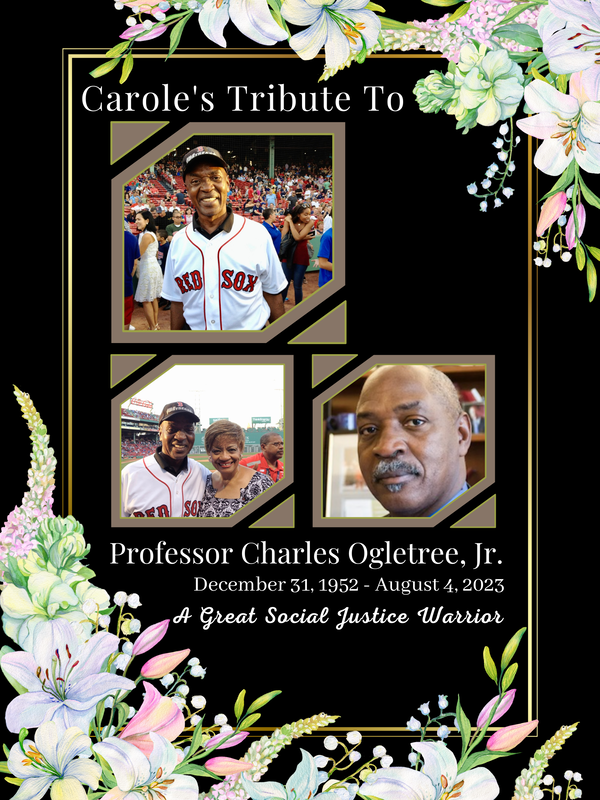
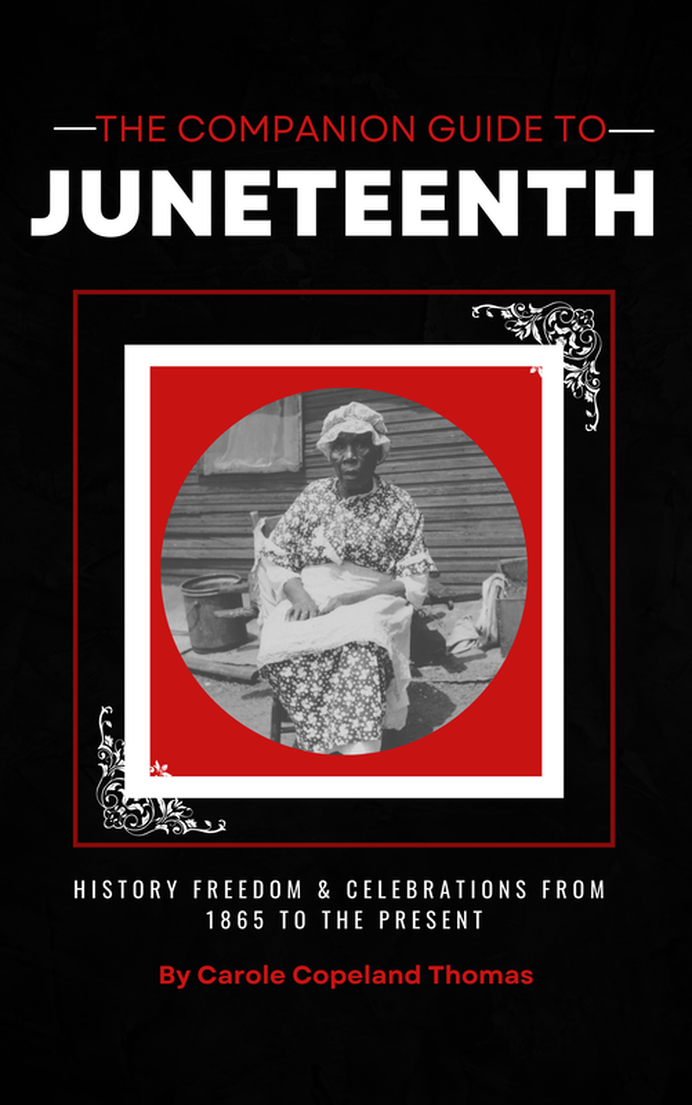
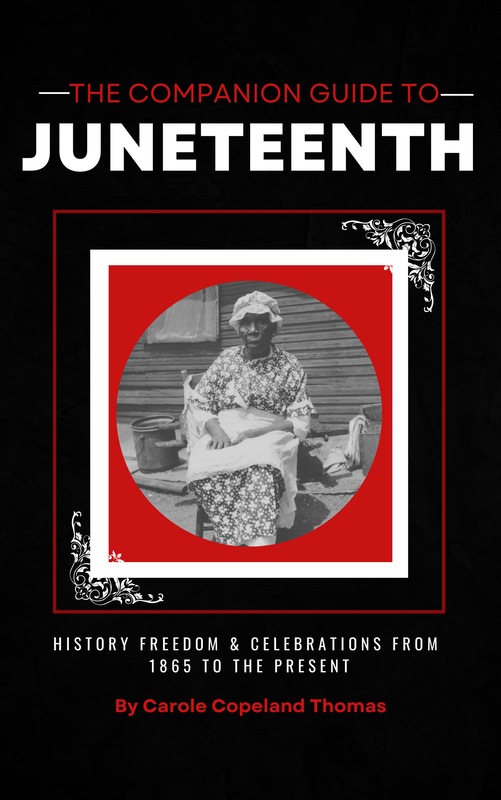
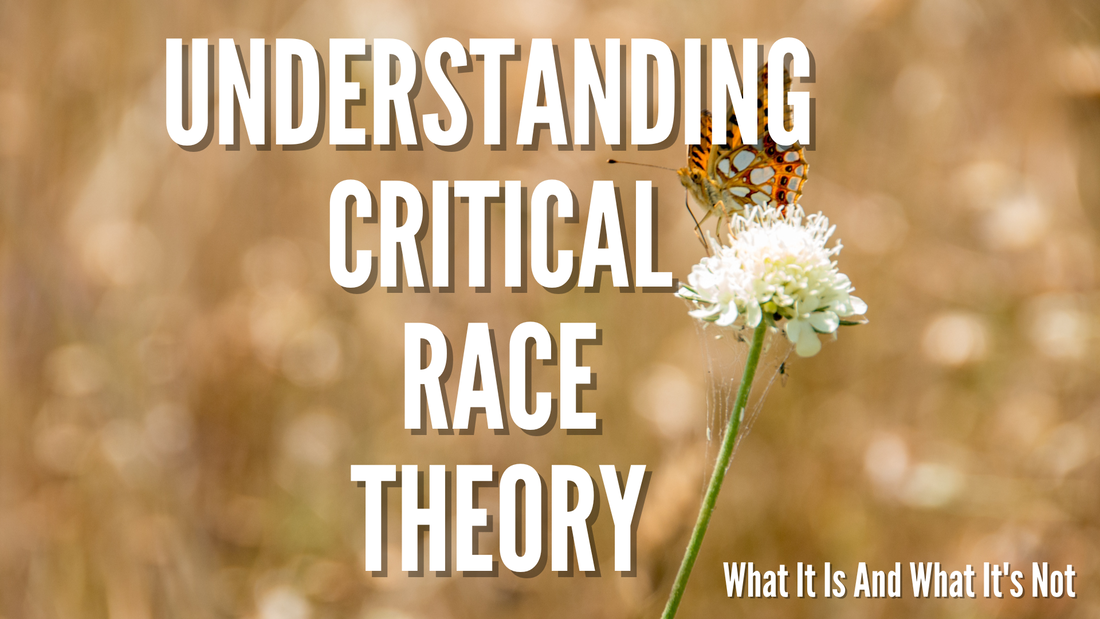

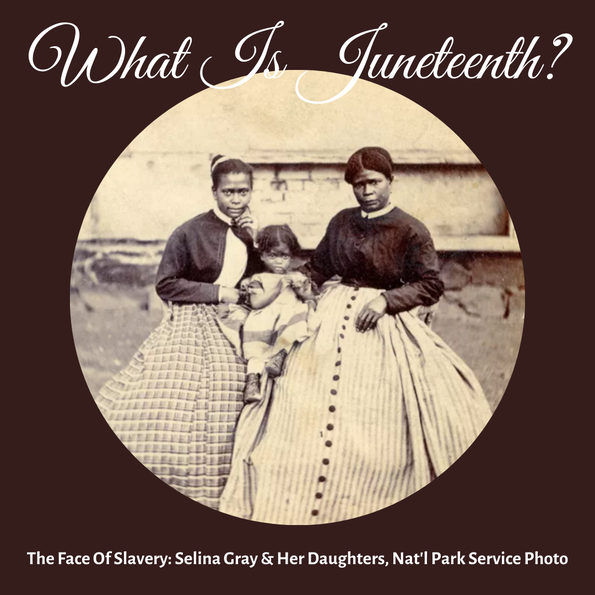
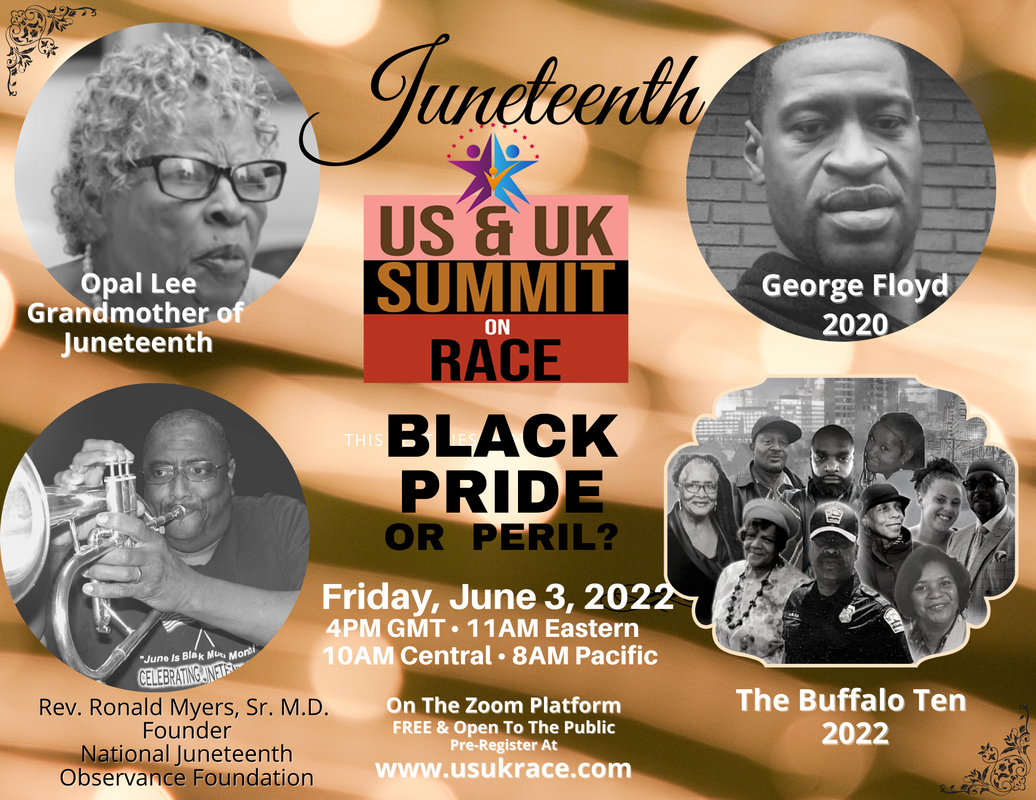
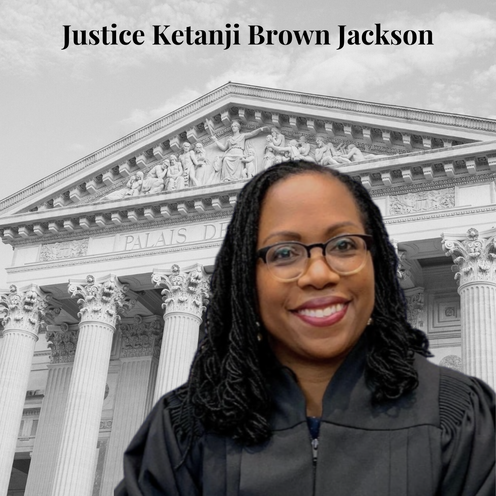
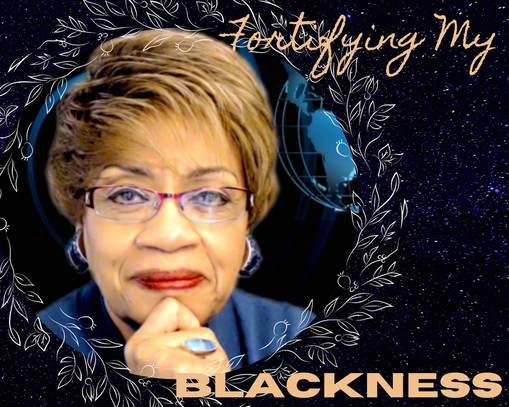
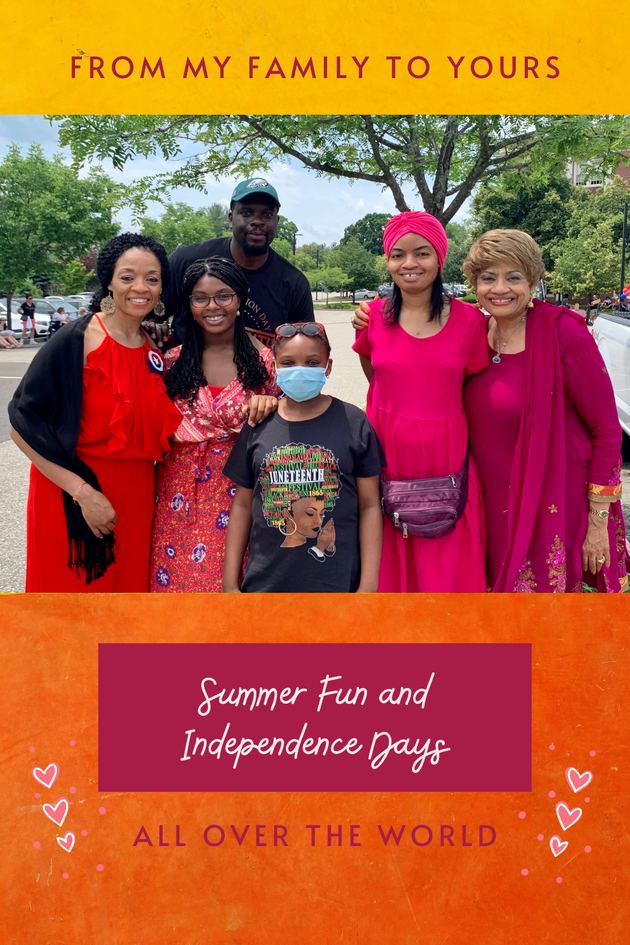
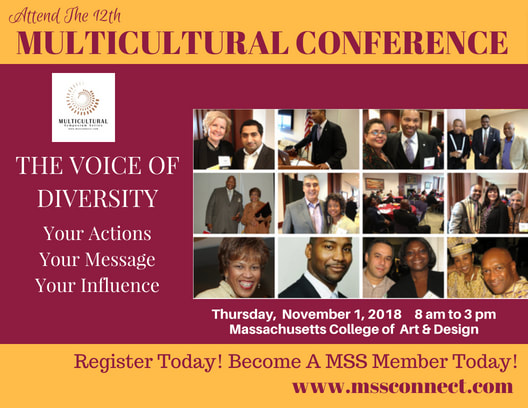
 RSS Feed
RSS Feed